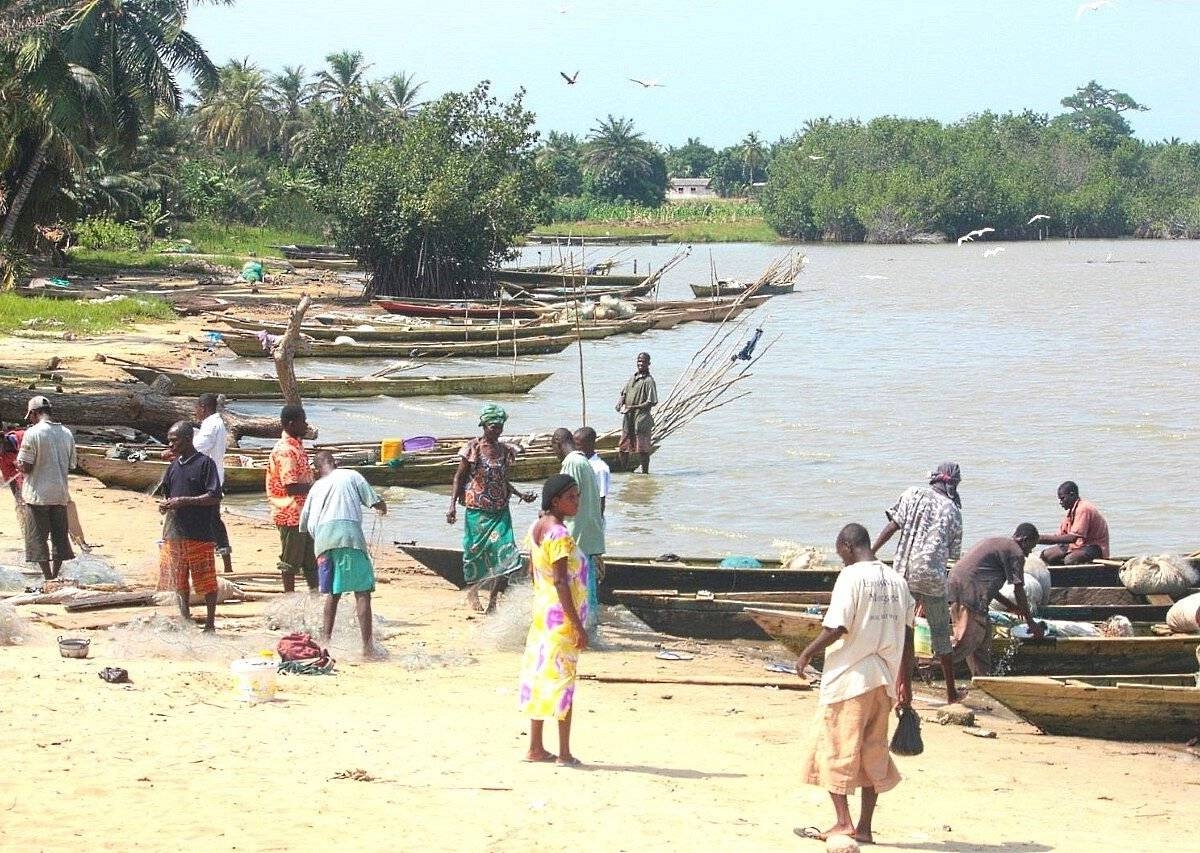Beyond their nutritional benefits, shellfish play a crucial economic role in Ghana, significantly contributing to the fisheries sector.
However, the shellfish fishery of the Keta Lagoon has been largely overlooked and is gradually being forgotten.
Addressing this complexity requires a comprehensive approach, which Dr. Benjamin Apraku Gyampoh, from the Department of Fisheries and Watershed Management at the College of Agriculture and Natural Resources, explored.
The study, published in the Journal of Fisheries and Coastal Management assessed this strategic fishery which supports livelihoods of people along the Keta Lagoon by focusing on the fishing methods and fishing gears employed as well as analyzing the economic performance and competitiveness of commercially-important shellfishes of the lagoon.
The research focused on several key sites where there is a thriving shellfish fishery, including Anloga, Keta, Woe, Tegbi, Atorkor/Savietula, and Anyanui. The main markets surveyed were Denu, Anloga, Keta, and Woe.
The study approach considered the entire value chain of the shellfish fishery from producers to processors, marketers, and consumers. Shellfish harvested at each location were observed, identified, and recorded with the assistance of fishermen and the Species Identification Guide for Fishery Purposes by the FAO.


















